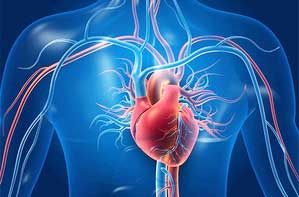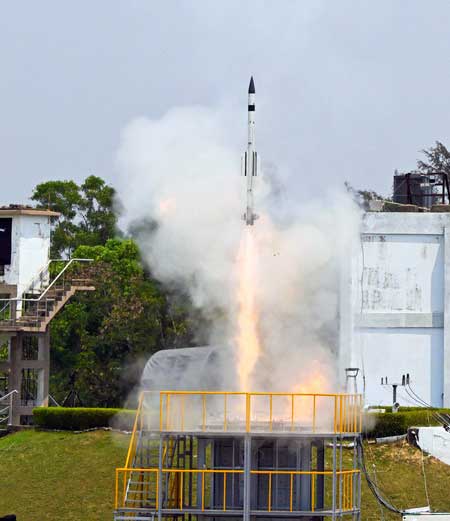A team of researchers in South Korea has developed a novel artificial intelligence (AI)-based algorithm that uses electrocardiograph (ECG)2 data to predict the risk of cardiovascular events, and heart-related death.
To create the algorithm, the team from Inha University Hospital analysed standard 12-lead electrocardiograph (ECG)2 data taken from almost half a million cases.
The novel algorithm can identify people most at risk of cardiovascular events and mortality by predicting the biological age of the heart, which is based on how the heart functions.
For example, a person who is 50 but has poor heart health could have a biological heart age of 60, while someone aged 50 with optimal heart health could have a biological heart age of 40.
“Our research showed that when the biological age of the heart exceeded its chronological age by seven years, the risk of all-cause mortality and major adverse cardiovascular events increased sharply,” said Yong-Soo Baek, Associate Professor at Inha University Hospital.
“Conversely, if the algorithm estimated the biological heart as seven years younger than the chronological age, that reduced the risk of death and major adverse cardiovascular events,” Baek added.
The study showed that the integration of AI into clinical diagnostics presents novel opportunities for enhancing predictive accuracy in cardiology.
“Using AI to develop algorithms in this way introduces a potential paradigm shift in cardiovascular risk assessment,” said Baek.
For the study, the team developed a deep neural network and trained on a substantial dataset of 425,051 on 12-lead ECGs collected over fifteen years. It was subsequently validated and tested on an independent cohort of 97,058 ECGs.
In statistical models, an AI ECG-heart age exceeding the heart’s chronological age by seven years was associated with an increased risk of all-cause mortality by 62 per cent and of MACE by 92 per cent.
In contrast, an AI ECG heart age that was seven years younger than its chronological age reduced the risk of all-cause mortality by 14 per cent and MACE by 27 per cent.
MACE is Major Adverse Cardiovascular Events and includes heart attack, stroke, Cardiovascular death and revascularisation procedures (such as angioplasty and bypass surgery).
“This study confirms the transformative potential of AI in refining clinical assessments and improving patient outcomes,” said Baek.
The study was presented at the ongoing EHRA 2025, a scientific congress of the European Society of Cardiology (ESC) in Vienna, Austria.





Security forces intensify operations in Manipur, 11 insurgents arrested
Eleven insurgents have been arrested in Manipur and arms and ammunition recovered in the past 24 hours, said officials here, adding that top Army officers of the region have met Governor Ajay Kumar Bhalla.
DoNER Ministry facilitate in unlocking Manipur’s growth: Scindia
Union Development of North Eastern Region (DoNER) Minister Jyotiraditya Scindia on Thursday said that he is confident that his ministry would serve as a proactive facilitator in unlocking new opportunities and accelerating Manipur’s growth and development.
National Herald case: Congress protests outside ED offices in northeastern states
Congress leaders claimed that through false allegations, the Enforcement Directorate (ED) under the direction of the Central government filed a chargesheet against the party's Parliamentary Party Chairperson Sonia Gandhi and Leader of Opposition (LoP) Rahul Gandhi, among others.
Seven cops injured during anti-Waqf Act rally in Tripura
At least seven policemen sustained injuries on Saturday during a clash between the security personnel and the agitators who held a protest rally against the recently enacted Waqf (Amendment) Act in northern Tripura’s Kailashahar under Unakoti district.
68 tonne areca nuts worth Rs 5.87 cr smuggled from Myanmar seized in Manipur
After Mizoram, the Assam Rifles have seized 68 tonnes of smuggled areca nuts worth Rs 5.87 crore in Manipur’s Kangpokpi district, officials said on Friday.
NPCI to decide on person-to-merchant payments cap on UPI transactions: RBI
In order to further boost digital payments, the National Payments Corporation of India will be enabled to set the limit on person-to-merchants transactions via Unified Payments Interface (UPI), RBI Governor Sanjay Malhotra said on Wednesday.